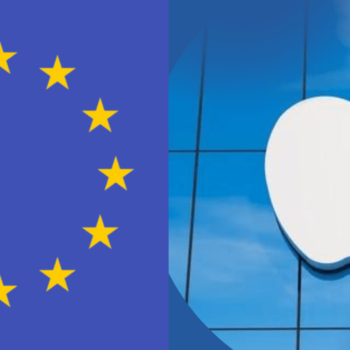The Court of Justice of the European Union has delivered a final blow in the long-standing legal battle between Apple and the EU, ruling that the tech giant must pay €13 billion in back taxes to Ireland. The ruling brings to a close an eight-year legal saga that began when the European Commission found Ireland had granted Apple illegal tax advantages. The decision, which is now binding, confirms the Commission’s stance that Apple’s Irish operations were unlawfully under-taxed.
The case, which has seen numerous twists and turns, has been controversial, with both Apple and the Irish government opposing the European Commission’s demands. The Irish government argued that the Commission overstepped its authority and breached Ireland’s tax sovereignty. However, the court has upheld the Commission’s argument that Apple’s profits, based in Ireland, should have been subject to Irish taxation.
The ruling follows a victory for Apple in 2020, when the EU’s General Court annulled the original tax order. However, in a significant development in November 2023, the EU’s top legal adviser recommended reversing that decision, citing legal errors in the previous ruling. This paved the way for today’s judgment, which echoes earlier Commission findings and delivers a win for the outgoing EU antitrust chief Margrethe Vestager.
Vestager, who spearheaded the 2016 decision against Apple and imposed a €14.3 billion fine, will likely see this ruling as a capstone achievement. While the EU has faced setbacks in similar cases against Amazon and Starbucks, today’s decision underscores the bloc’s determination to enforce its tax and competition laws, particularly against multinational tech companies. The case sets a notable precedent as the EU continues its broader push to regulate big tech, with Apple recently becoming the first company charged under the EU’s Digital Markets Act.



